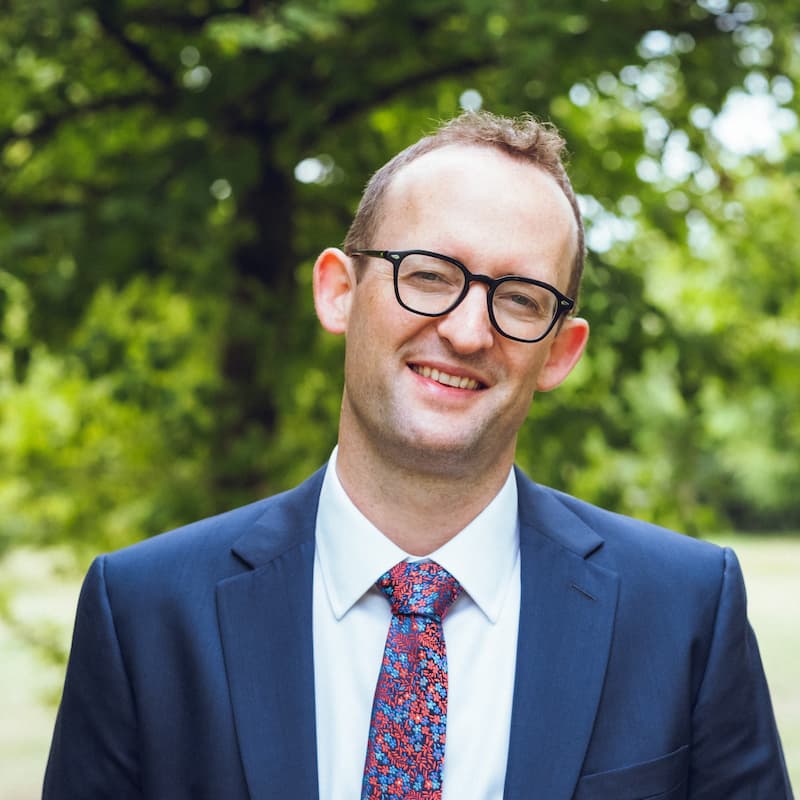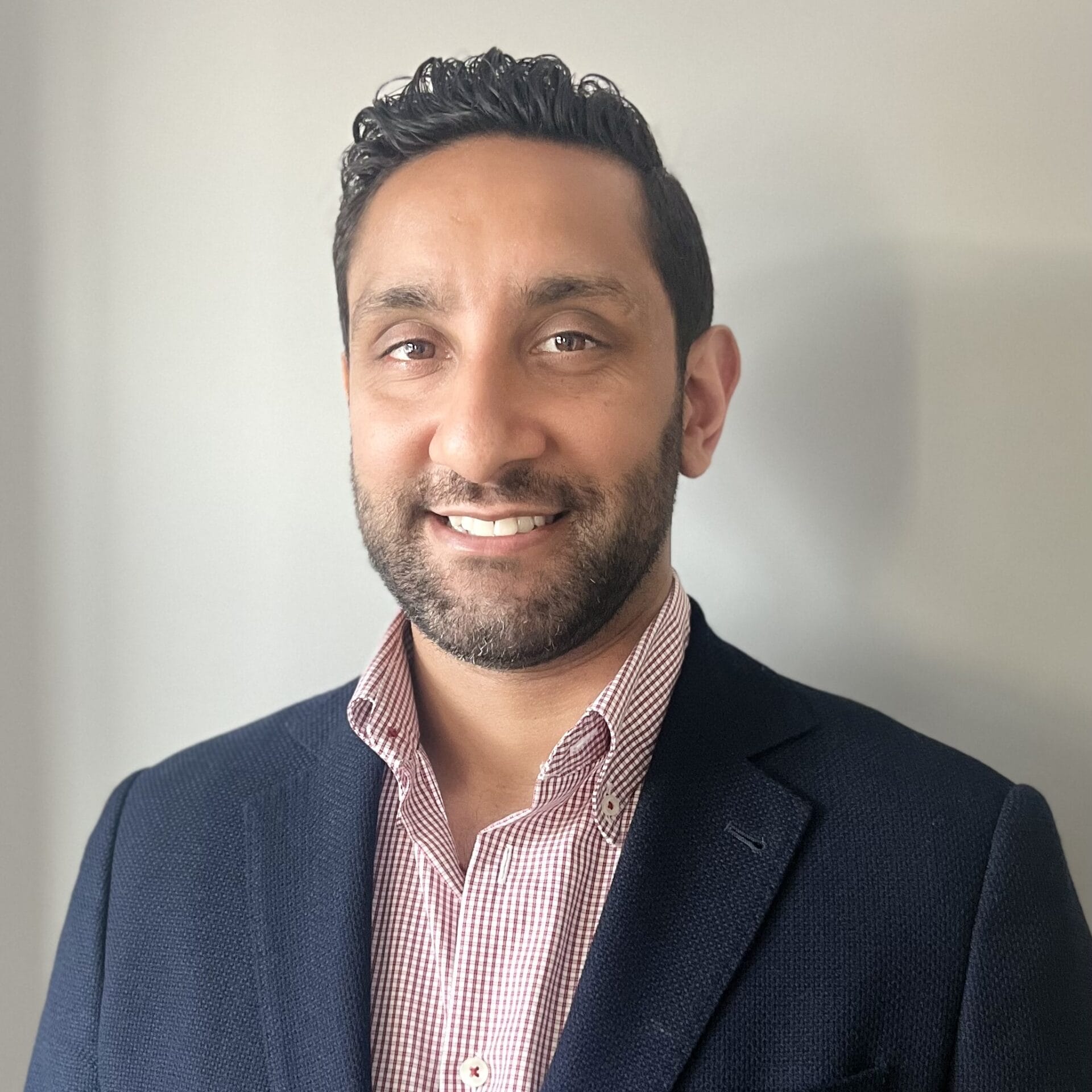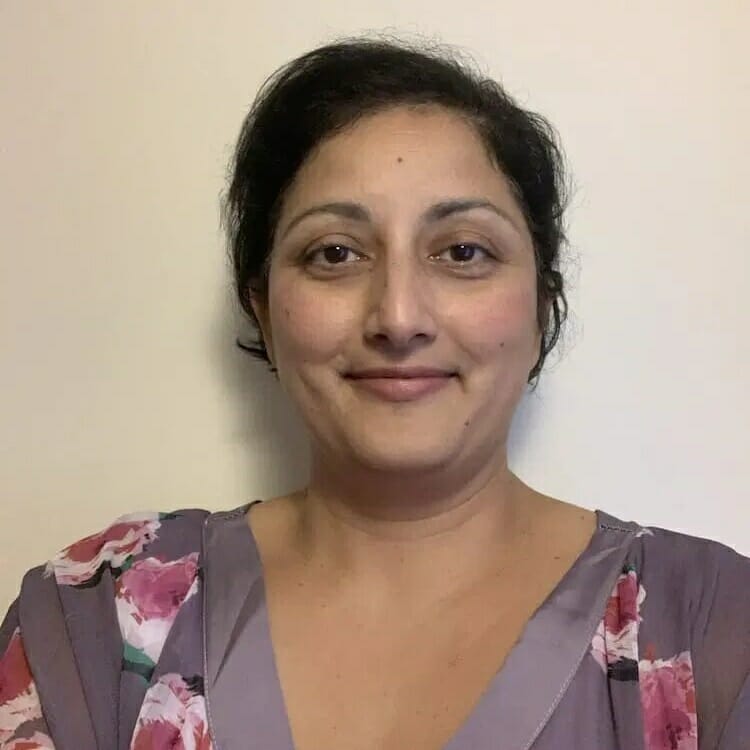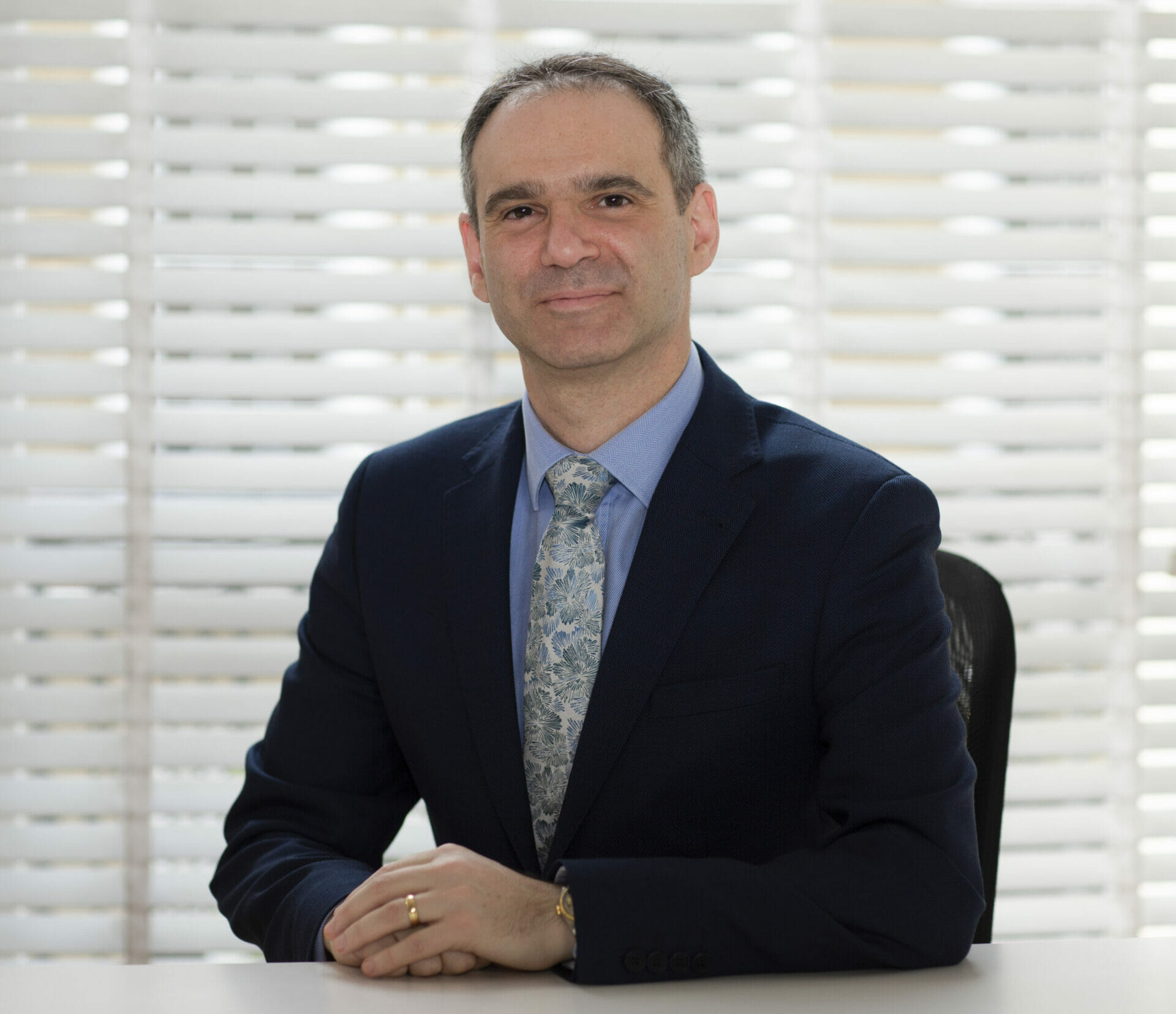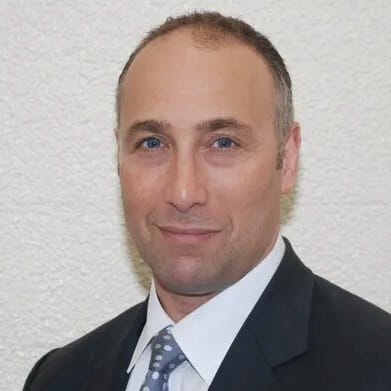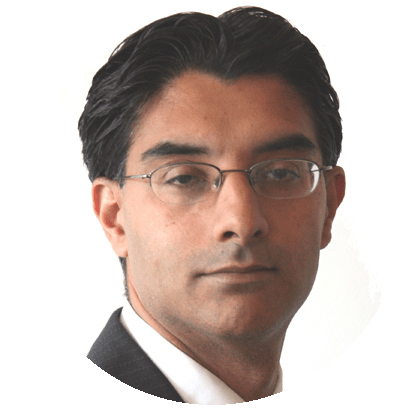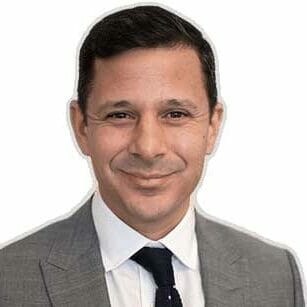London Medical Ophthalmology
Retinal detachment
London Medical provides the most up-to-date procedures for patients – with clinics held by some of the UK’s most renowned specialists.
State-of-the-art ophthalmology care to keep your eyes healthy and protect your vision
A detached retina is a serious eye condition that can put your eyesight at risk. The retina, the light-sensitive layer at the back of the eye, separates from the underlying tissues. Without rapid treatment a retinal detachment can permanently affect your vision.
London Medical’s world-leading ophthalmologists are experts in the diagnosis and treatment of retinal detachment. Using the latest, cutting-edge equipment they can help protect your sight and safeguard your future wellbeing.
What is retinal detachment?
Retinal detachment is a condition in which the retina in the eye becomes loose and separate. The retina is the thin layer of nerve tissue that lines the back of the eye. It is light-sensitive and sends information to the brain, which is interpreted into the images you see.
The retina has a crucial role in vision. When part of the retina is detached your eyesight can become distorted, disturbed and blurry, this can be a particular problem if the highly sensitive macula in the centre of the retina is affected. At this worrying time, London Medical can provide expert ophthalmology care and a supportive, stress-free environment in which to recover.
What are the symptoms of retinal detachment?
The symptoms of retinal detachment can come on suddenly or build up over several hours or even weeks. It is important to get assessment within 24 hours. Contact London Medical, NHS 111 or your local Accident and Emergency if you’ve noticed:
- Floating dots or lines suddenly appearing in your vision.
- An increase in the number of ‘floaters’ that you can see.
- Flashes of light in your vision.
- A dark shadow or curtain spreading across your field of vision.
- Deterioration in eyesight with vision being distorted or blurred.
Anyone who is worried about changes in their vision should seek specialist advice. London Medical offers a daily clinic with leading ophthalmologists and optometry care, so that you can quickly access expert opinion.
Diagnosis of retinal detachment at London Medical
London Medical is equipped with the latest technology for accurately diagnosing eye disease. The specialist will examine the back of the eye using an ophthalmoscope. They’ll also use a slit lamp, a special ophthalmic microscope with a bright light, to fully examine your eye as you look in different directions.
Drops are usually applied to open up the pupils and make it easier to inspect the retina. These can affect your vision for a short time, so it’s sensible to come with a friend or family member.
If your consultant suspects a detachment or a tear in the retina, they will arrange further investigations, such as an ultrasound scan. Your consultant will take time to discuss the results of your tests and develop a bespoke treatment plan. Prompt specialist treatment can prevent further damage to your eyes and protect your vision.
Treatment of retinal detachment at London Medical
London Medical is one of the capital’s leading centres for eye care. Your specialist will discuss the best treatment for your eyes, your health and your lifestyle. Most people need emergency surgery to reattach the retina and prevent damage to the macula, which is critical for central vision.
At London Medical, your retina specialist can diagnose and manage a retinal detachment and proceed with surgery if clinically indicated. Most retinal detachment surgery is performed under local anaesthetic, but a general anaesthetic may be needed. Your consultant will explain the options, always considering your thoughts and preferences. Surgery involves repairing tears using laser or cryotherapy, then ensuring the retina heals in the correct position using one of three surgical techniques:
Vitrectomy: A procedure in which clear gel from the back of your eye is removed and replaced with a bubble of gas. This bubble presses against the retina, holding it flat against the back of the eye as it heals. The gas slowly dissipates over six weeks.
Pneumatic retinopexy: For minor detachments a small gas bubble can be inserted without removing any vitreous gel. The bubble also works to press the retina into position before naturally disappearing.
Scleral buckle surgery: Your surgeon will attach a narrow synthetic band to the outside of your eye. This exerts pressure so that the retina and the back of the eye are in contact, helping reattachment.
Following surgery, London Medical’s expert team will provide individual advice and support your healthy recovery. As the local anaesthetic wears off, your eye may feel sore and gritty and uncomfortable. It’s normal to experience blurred vision in the early stages; however, this should settle and by six weeks you should feel fully recovered.
Frequently Asked Questions
Our Consultants
Dr Jonathan Virgo
Dr Virgo is a consultant medical & neuro-ophthalmologist in the Medical Eye Unit (MEU) at Guy’s & St Thomas’ Hospitals NHS Trust (GSTT).
Mr Daren Hanumunthadu
Mr Hanumunthadu is a Consultant Ophthalmologist with a specialist interest in retinal diseases, inflammatory eye disease and cataract surgery.
Mr Jimmy Uddin
Ophthalmology: Oculoplastics, Orbital, Lacrimal
Mr Samir Jivanjee
Optometrist with a special interest in glaucoma, uveitis and a focus on specialist contact lens fittings.
Miss Anna Bhan
Consultant ophthalmic surgeon with specialist expertise in cataract and glaucoma surgery. Also deals with general ophthalmology and many other eye conditions.
Professor Michel Michaelides
Professor of Ophthalmology & consultant ophthalmic surgeon at UCL Institute of Ophthalmology and Moorfields Eye Hospital.
Professor David O’Brart
Consultant ophthalmic surgeon who specialises in refractive, corneal and cataract surgery, external eye disease and glaucoma.
Professor Adnan Tufail
One of the leading ophthalmic surgeons in the UK. He is the clinical and research lead at Moorfields Eye Hospital in London for age-related macular degeneration and has worked as a consultant here since 2002.
Mrs Samantha Mann
Consultant ophthalmologist specialising in medical retina, macular degeneration, retinal vein occlusions and diabetic eye disease including injection and laser treatments.
Mr Scott Robbie
Consultant ophthalmic surgeon specialising in cornea, cataract and refractive surgery.
Our Locations
London Medical is located in the Harley Street medical area. Together with top experts across a range of multi-disciplinary fields, we offer the finest facilities for your care, all under one roof.
Monday to Friday 8.30am to 8pm
Monday to Friday 8.30am to 8pm
Monday to Friday 8.30am to 8pm
Speak to a member of our team
Contact the appointments team
For private GP appointments, please book
Make an enquiry online using this form and one of our team will be in touch. By using this form you agree with the storage and handling of your data by our team. Alternatively, you can contact us.
You don't need a referral from your GP to make an appointment with us.
Please note, we require this information as part of our registration process.

